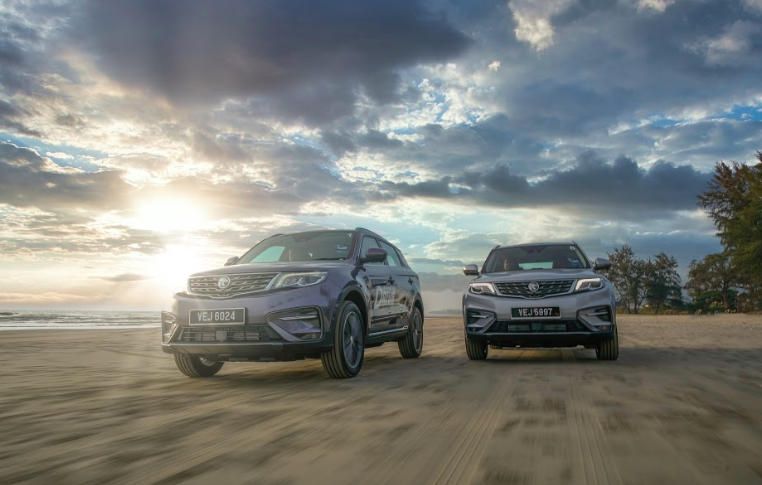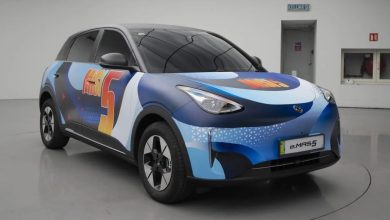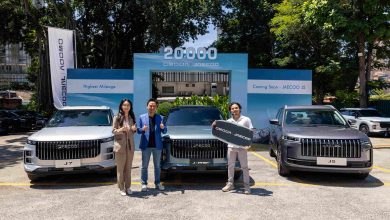Thailand Ramps Up EV Effort, To Produce 750k EVs By 2030
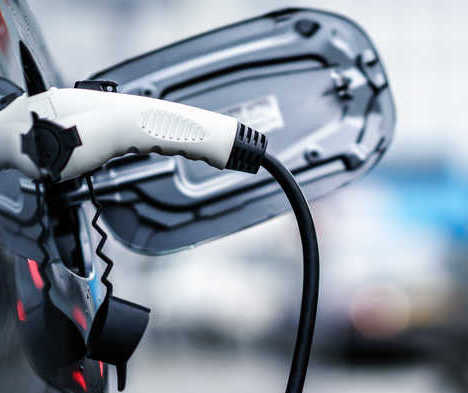
The Thai automotive industry is doing what Malaysia should have done ages ago.
It would seem like Thailand has recognised the importance of zero-emissions personal transportation and is currently taking a bold leap within its South East Asian peers to embrace EV production, with reports from the Thai Ministry of Industry claiming to aim for an increase in electric vehicle production to 30% of the total car production in Thailand over 10 years.
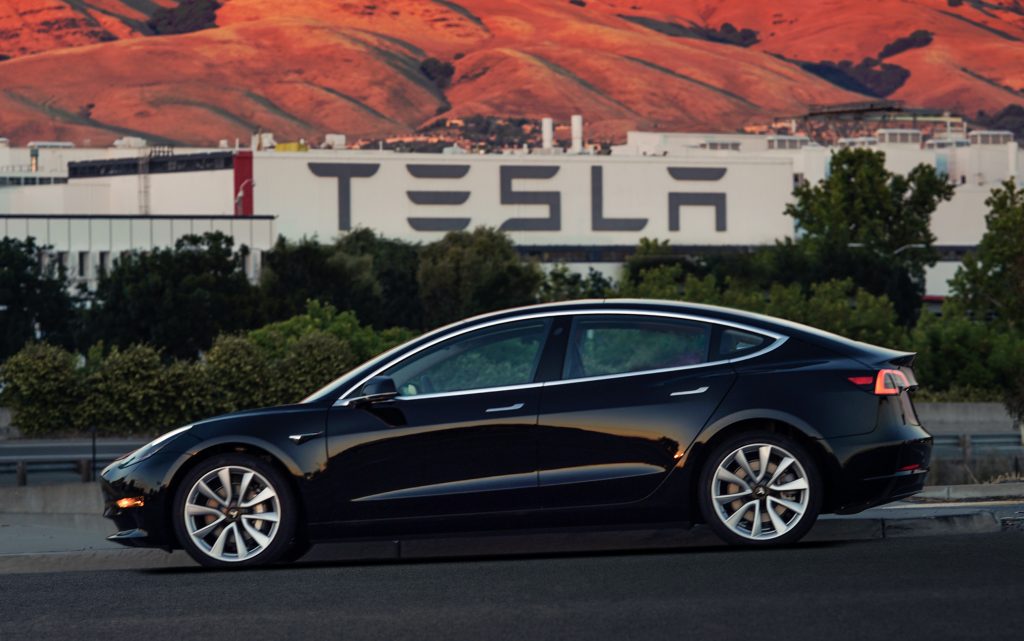
Speaking at the “New Generation of Automobiles” seminar a few days ago, Industry Minister Suriya Juangroongruangkit further elaborated on the goals regarding the Thai EV industry’s development plan. He has stated that in the short term, Thailand aims to produce more than 60,000 to 110,000 EVs, which will include cars, bikes, taxis and buses. Medium term targets meanwhile was the production of 300,000 EVs, with the final goal of this plan will be to produce 750,000 electric vehicles by the year 2030.
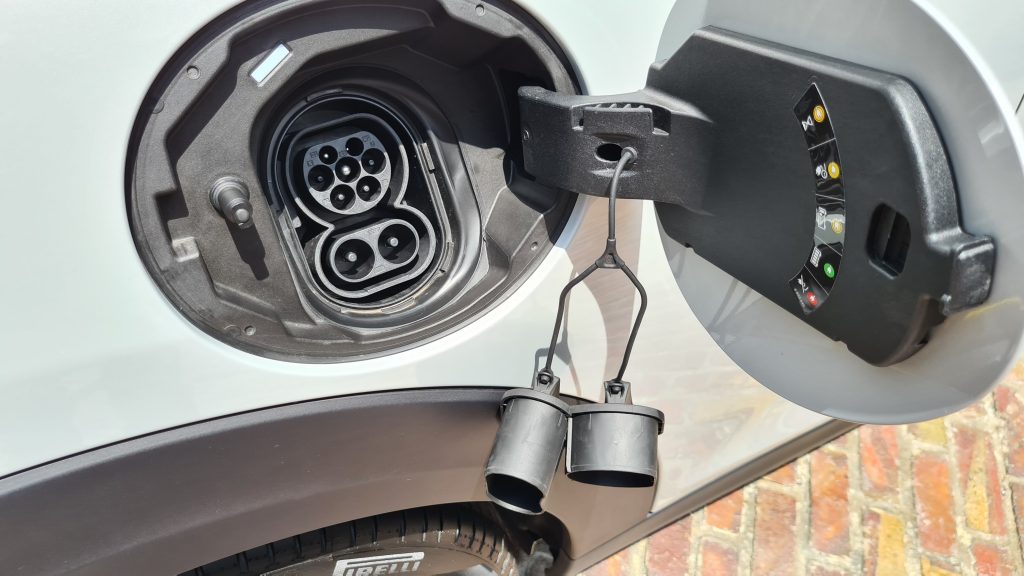
The lofty goals set by Bangkok is backed up by various incentives that will encourage wider EV adoption over the Land of Smiles. These incentives include various tax incentives to encourage people to exchange their current internal-combustion engined cars for new clean EVs.
A Bangkok Post report also indicates to a 100,000 baht (RM 13,300) trade-in coupon scheme is currently in discussion within the Thai cabinet in an attempt to revitalise the Thai auto industry that has been hit hard due to the coronavirus pandemic. The report states that this trade-in coupon will be valid for all cars including EVs and will run for five years.
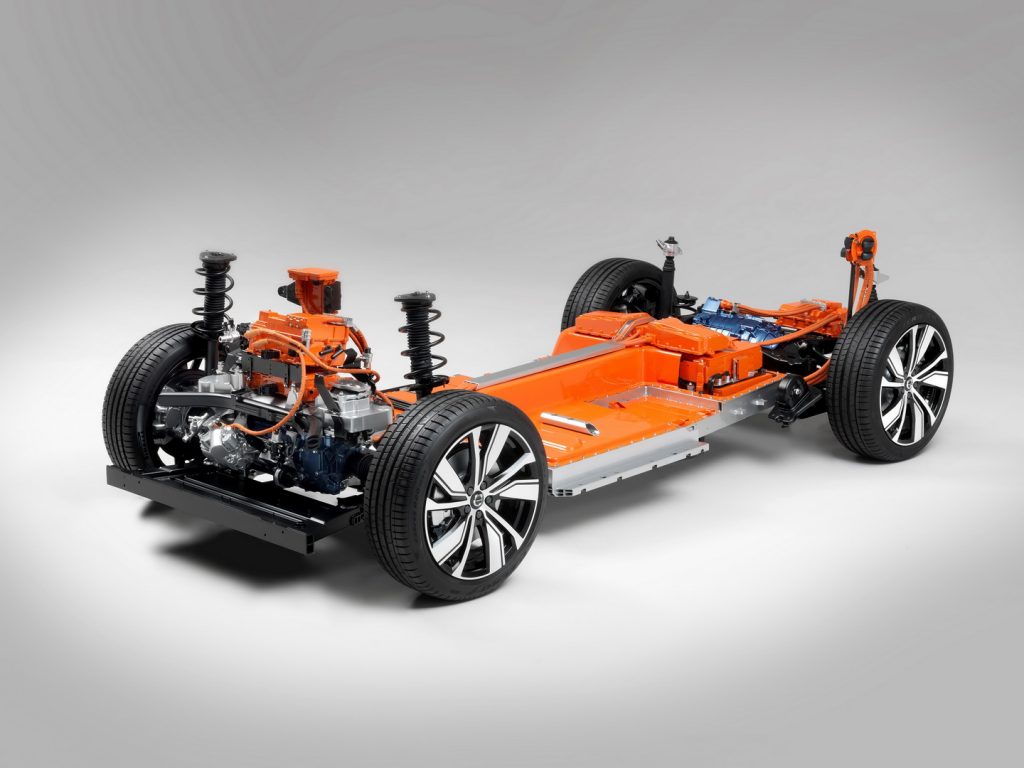
This ambitious goal set by the Thai government in regards to this green initiative should be commended, as contrary to what dyed in the wool petrolheads might say, EVs seem for the moment at least to be the future of cars.
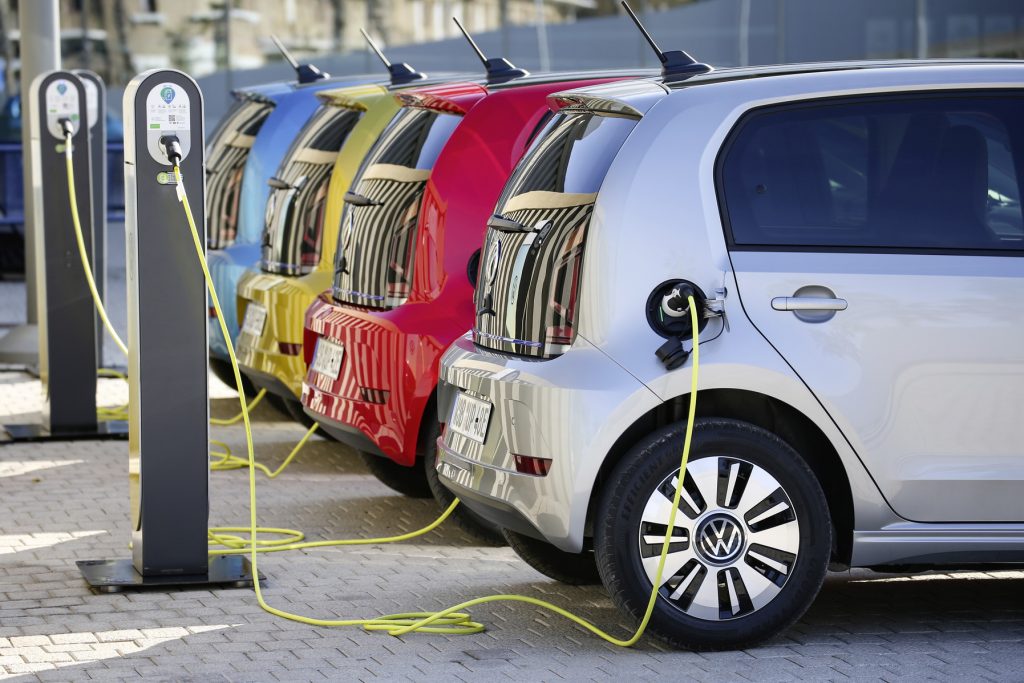
That being said, on an ASEAN perspective, the question remains as to why isn’t Malaysia not only failing to lead the charge in EV development, but we don’t even have the barest framework to what Bangkok has announced? Considering we are the only ASEAN nation until very recently to have our national automotive marques, shouldn’t we be at the forefront of this EV charge in the region?
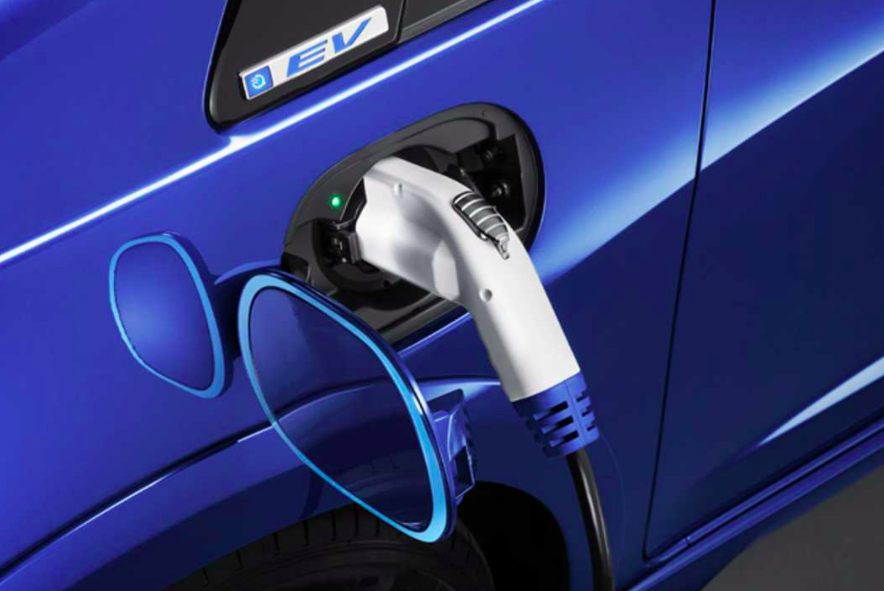
Some might say that we don’t have the infrastructure needed to support mass EV adoption. Some will also point out that the cost of EVs currently sold in Malaysia are way out of the reach of the average Malaysian. These reasons however can easily be addressed with sufficient competent governmental initiatives, together with collaboration with both our national carmakers.
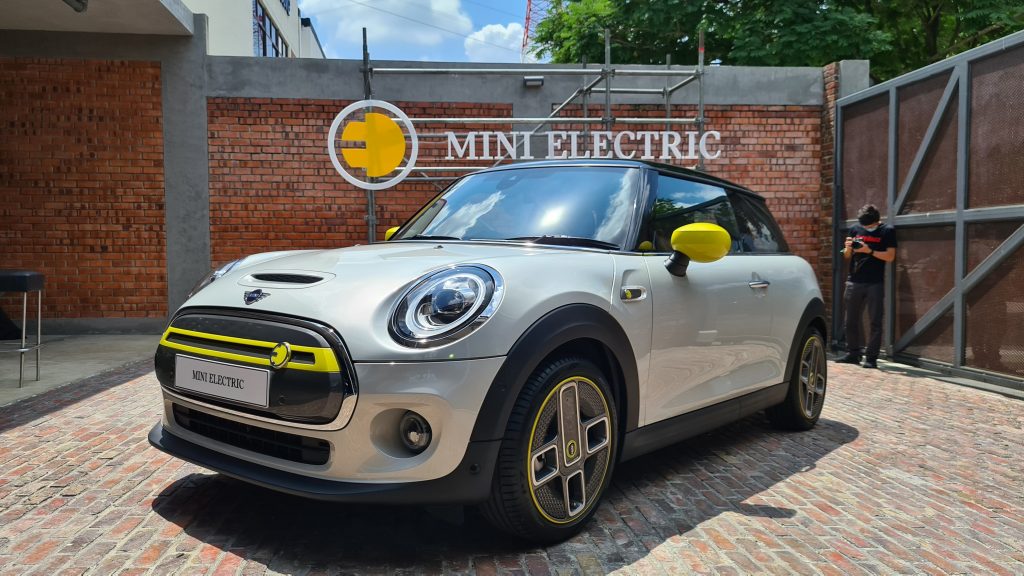
While we are still toying around with the idea of adding a third national auto maker, our neighbours up north has launched a concrete automotive policy for the way forward in what is a rapidly growing industry. It just begs the question as to where have we gone wrong in our National Automotive Policy?
